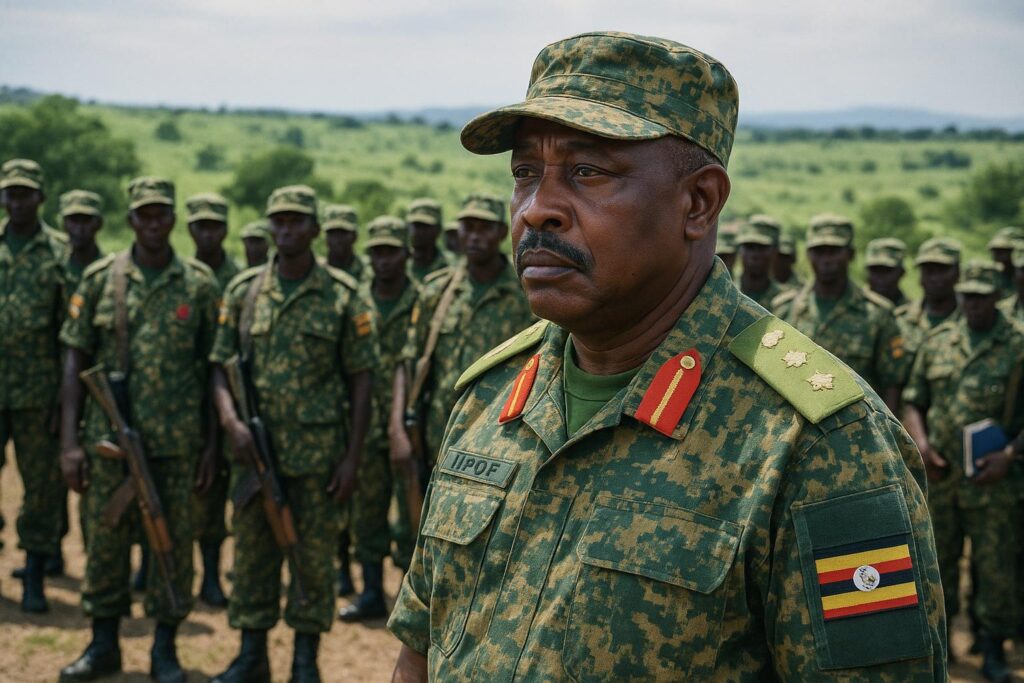Fresh Cohort Strengthens Uganda’s Mission
A dawn parade in Bilnyang, a quiet village near Juba, ended with 48 Ugandan soldiers receiving their certificates after weeks of intensive drills. The ceremony, staged under the equatorial sun, symbolised Uganda’s continuing commitment to stabilising its northern neighbour.
Col. Benard R. Kashemeza, commanding the deployed battle group, reminded the graduates that training is “a vital means for building confidence and ensuring the mission is successful”, echoing a long-held UPDF doctrine that readiness begins with the mind as much as with marksmanship.
Strategic Context in Bilnyang
Uganda expanded its presence in March after renewed tension between South Sudanese President Salva Kiir and First Vice President Riek Machar sparked concerns of another cycle of violence. Bilnyang, positioned along a key supply artery, now hosts troops tasked with protecting civilians and critical infrastructure.
Military analysts in Kampala argue the deployment also shields Uganda’s trade corridor to Juba, worth millions of dollars annually, while offering Kampala diplomatic leverage in regional peace initiatives endorsed by the Intergovernmental Authority on Development.
Voices from the Parade Ground
Maj. Nicholas Mutatiina, the operations officer, urged the fresh soldiers to retain the same discipline that “has already distinguished this contingent”, highlighting how cohesive conduct reduces friction with local communities and partners.
Graduates interviewed afterwards spoke of mastering navigation through swampy terrain, practising conflict-sensitive engagement, and learning rudimentary Arabic to enhance rapport with villagers. “We leave the ground better than we found it,” a lance corporal said, a hint of pride flickering beneath the crisp salutes.
Regional Security Implications
South Sudan and Uganda maintain a historically close security partnership dating back to the 1990s. The latest graduation, observers note, signals continuity rather than escalation; Kampala has reiterated that its forces operate under a bilateral understanding aligned with regional and African Union frameworks.
Local advocacy group Awan Chan recently claimed Ugandan troops receive a daily allowance of two hundred dollars, a figure neither government has confirmed. Defence officials quietly dismiss the estimate, yet the allegation underlines the opacity that still surrounds financing of cross-border military assistance.
Looking Ahead to Stabilisation
As Juba’s political leaders press on with the delayed security arrangements of the 2018 peace accord, the presence of well-trained foreign contingents could serve as a confidence-building measure, provided command chains remain transparent and respectful of sovereignty.
For the 48 new graduates, however, the immediate task is simpler: hold the line, stay disciplined, and keep the road to Juba open for traders and refugees alike. Their next assessment, commanders insist, will be conducted not on a parade ground but in the field.


